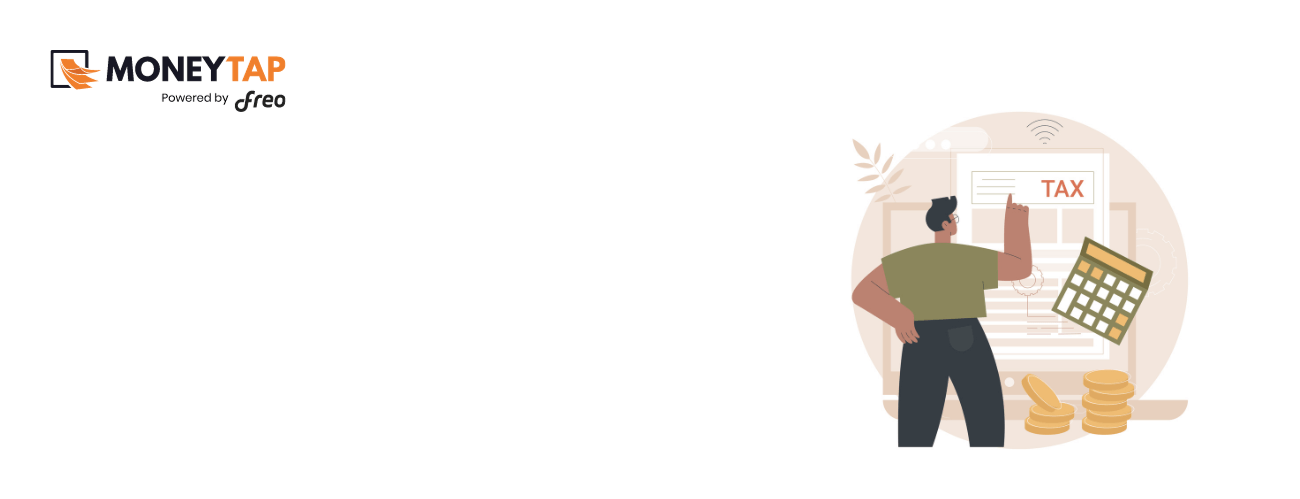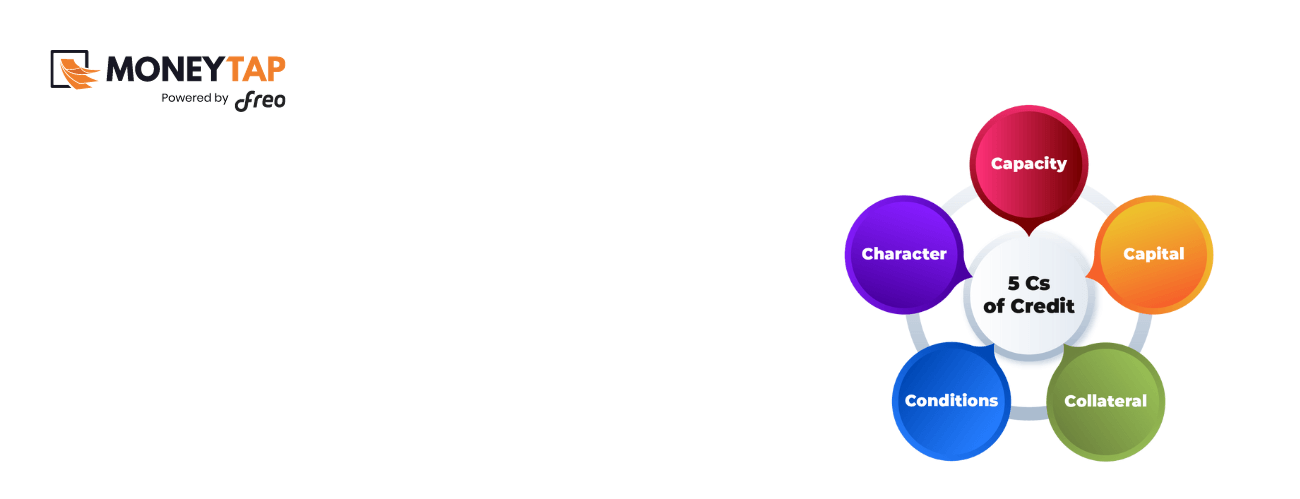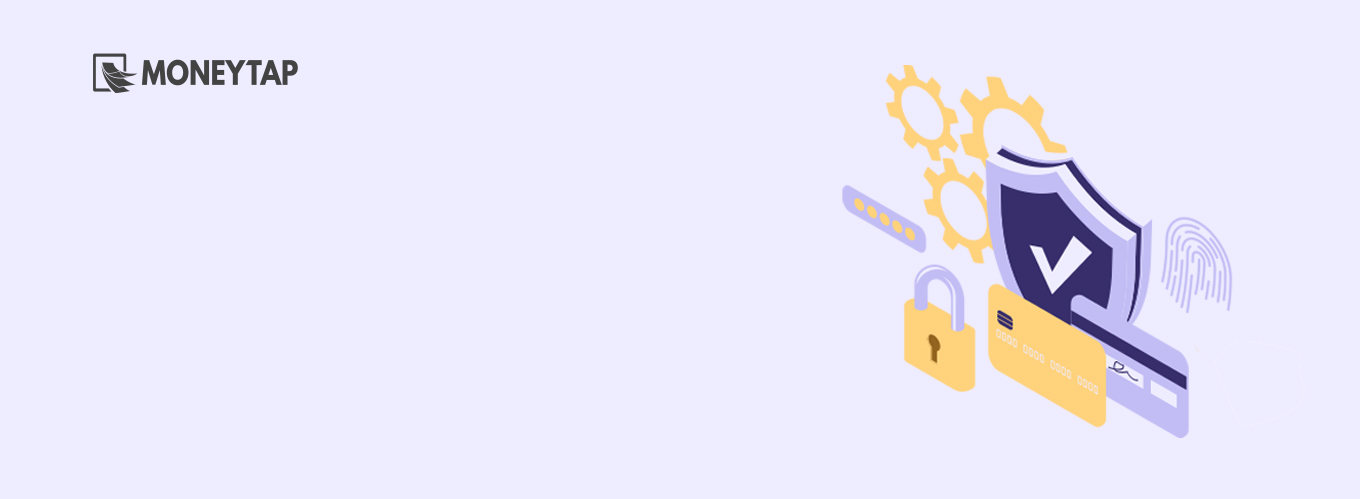5 Simple Actions You Can Take To Protect Yourself After a Credit Card Data Breach
Topic
- Around India with MoneyTap 1
- Consumer Durable 1
- Credit Cards 32
- Credit Score 27
- Finance 33
- General 52
- Know MoneyTap Better 26
- MoneyTap 50
- MoneyTap in Daily Life 38
- Personal Loan 86
- Shopping on EMI 4
- Wedding Loan 1
This year, some media reports mentioned that credit card data of 10 crore Indians are selling on the Dark Web. Credit card data breach is a genuine risk given the rise in online transactions volume since the launch of the “Digital India” revolution. Rather than panicking from these media reports, a better approach is to stay informed and be prepared.
In this article, we share 5 quick actions that you can take to save yourself from a loss due to such breaches.
- Get more details on the breach and act on the advice
- Report unauthorised transaction immediately
- Freeze your credit report
- Know your rights:
Banks are duty-bound to immediately inform cardholders on the details of the data breach and the actions that they need to take. As a cardholder, your first responsibility is to go through the Bank’s notification and act on suggestions. In case of clarification, do reach out to the Bank’s customer care.
Immediately report any unauthorised transaction to the Bank and also any third-party provider involved. Don’t forget to file an FIR with the nearest cyber-crime police station. If you are covered by insurance, you need to inform your insurance company as well. Support your claim with proper documentation like screenshots of e-mails, call history, etc.
If your sensitive credentials are hacked, there is a chance that the fraudsters may use them to open new credit facilities in your name. Immediately reach out to the credit agencies and request them to freeze your credit report temporarily. Even after reporting, monitor your credit report at regular intervals.
If you know your rights, the Bank cannot penalise you for their fault. RBI, the banking regulator in India, has laid down clear guidelines on customer’s liability in case of unauthorised online transactions as follows:
- There is zero liability on the cardholder if negligence is attributed to the Bank. Bank has to reverse the amount in the customer’s account within 10 days.
- In case responsibility for the loss is neither attributable to Bank nor the customer, the customer’s liability will depend on the number of days from the date of the breach.
- If the loss is due to the customer’s negligence, the customer will bear the loss till he/she reports the transaction to the Bank.
Keep a close vigil on the transactions in your bank accounts and credit cards following the breach for any unauthorised transactions. You should review the limits on your cards. If possible, deactivate international transactions on your cards as they don’t require a One Time Password and are therefore more susceptible. Set up instant transaction alerts across all your accounts if not done already.
Conclusion
Fraud dynamics are also changing big time with the pickup of online transactions. In credit card data breaches, the time lag in reporting the fraud is critical. Report the breach immediately to all concerned authorities. Follow it up by regular monitoring of transactions. Doing this can significantly reduce your risk of loss from such breaches.











 Get it on playstore
Get it on playstore Get it on appstore
Get it on appstore